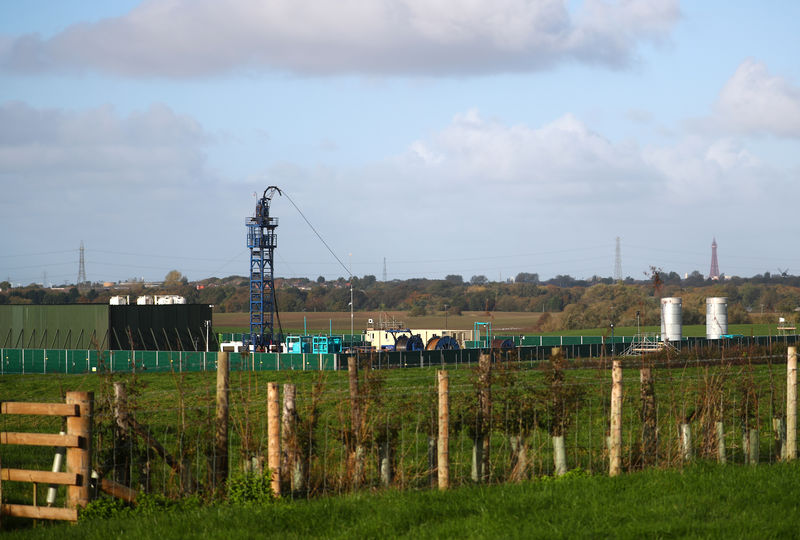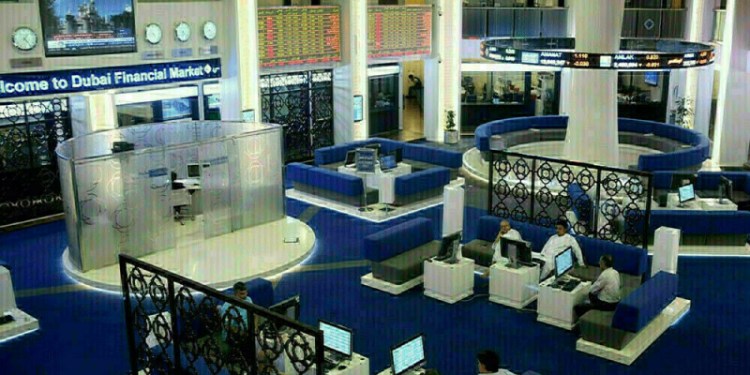 © Reuters. Cuadrilla’s Preston Road fracking site is seen near Blackpool
© Reuters. Cuadrilla’s Preston Road fracking site is seen near Blackpool(Reuters) – Britain has rejected the case for a relaxation of fracking regulations despite warnings that the current system is “strangling” the industry, the Financial Times reported on Sunday.
Fracking, or hydraulic fracturing, involves the extraction of gas from rocks by breaking them up with water and chemicals at high pressure. The process is fiercely opposed by environmentalists who argue, among other things, that extraction of more fossil fuel is at odds with Britain’s commitment to reduce greenhouse gas emissions.
Energy Minister Claire Perry has dismissed pleas by shale gas developer Cuadrilla for rules to be loosened, the FT said, citing a letter from Perry to the company’s chief executive.
Cuadrilla, which hopes to become the first in Britain to start commercial fracking for gas, has been forced to pause operations at its site near the coastal town of Blackpool in northwest England over the past three months after its tests triggered tremors exceeding 0.5 magnitude.
Britain’s traffic-light regulation system calls for immediate suspension of work if seismic activity of magnitude 0.5 or above is detected.
Cuadrilla CEO Francis Egan said in October that the regulatory system risked “strangling” Britain’s fracking industry “before birth”, the FT reported.
Perry’s letter, which the FT said had been seen by Greenpeace’s Unearthed investigative unit, declared that the current system is “fit for purpose” and the government has “no intention of altering it”.
The British government has been supportive of the industry and is keen to reduce the country’s reliance on imports of , which is used to heat about 80 percent of Britain’s homes.
A Cuadrilla representative was not immediately available to comment outside business hours.
Fusion Media or anyone involved with Fusion Media will not accept any liability for loss or damage as a result of reliance on the information including data, quotes, charts and buy/sell signals contained within this website. Please be fully informed regarding the risks and costs associated with trading the financial markets, it is one of the riskiest investment forms possible.
Source: Investing.com




























